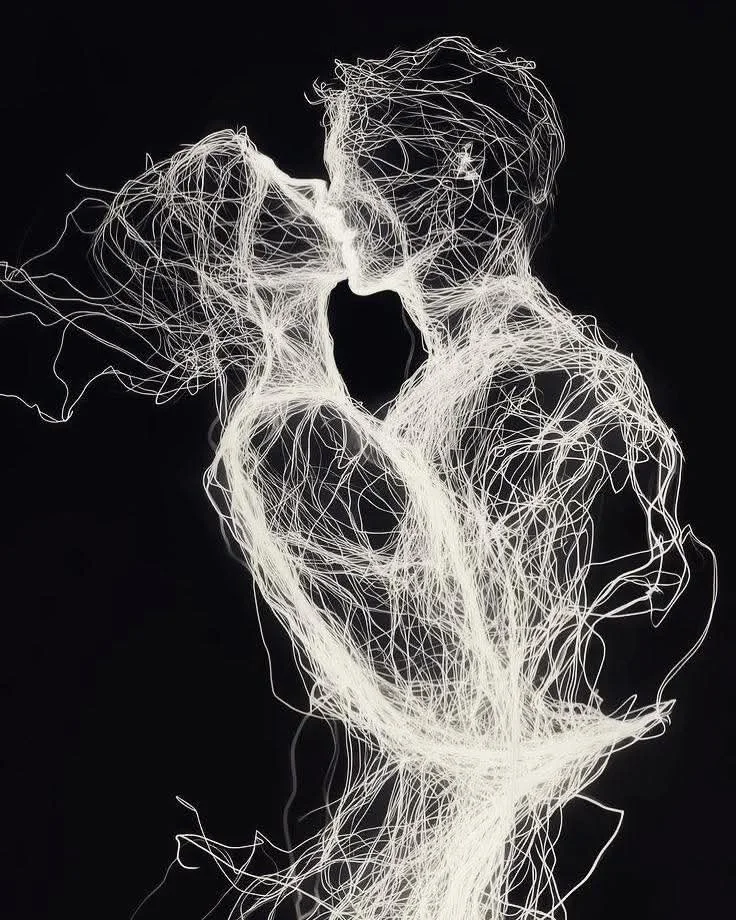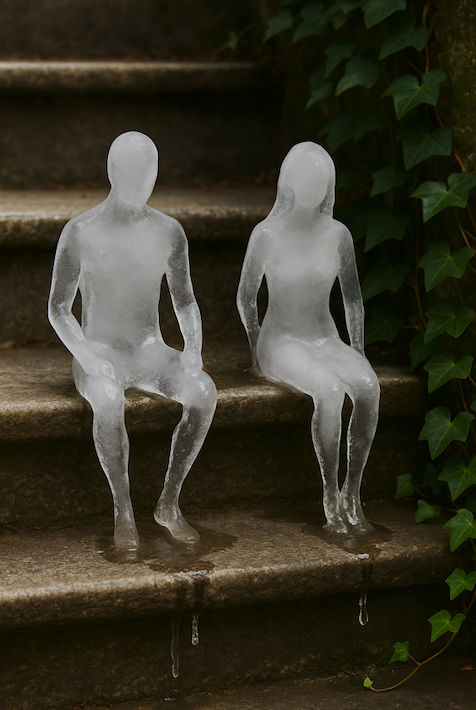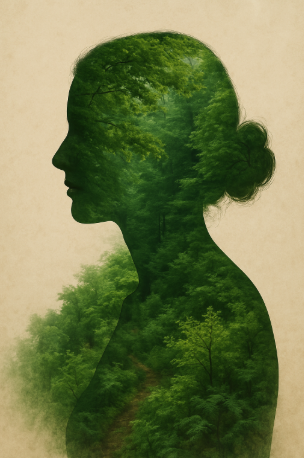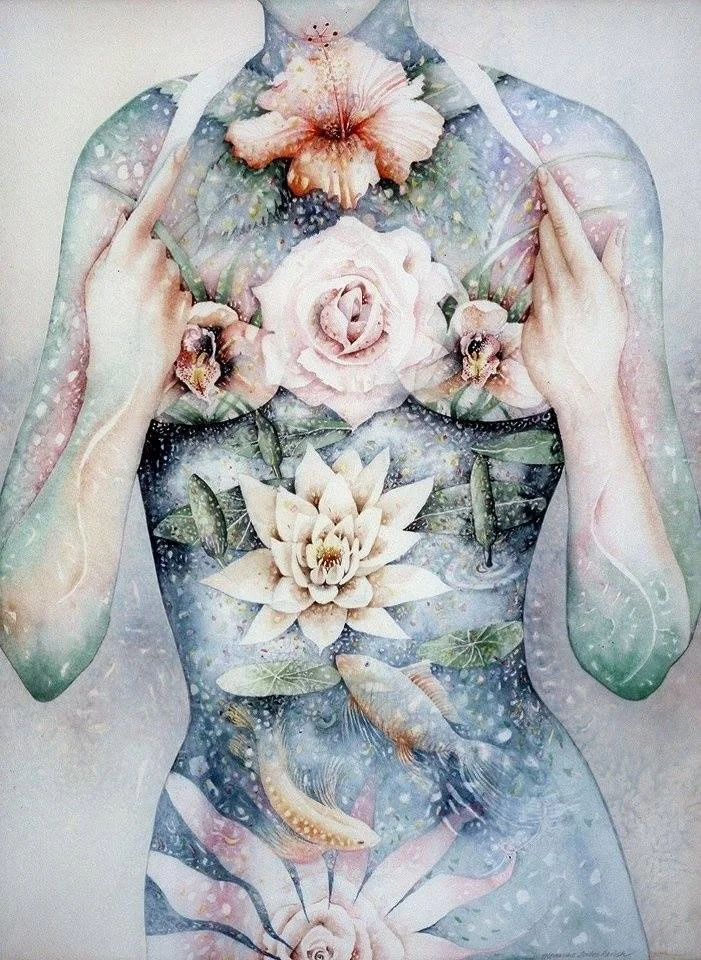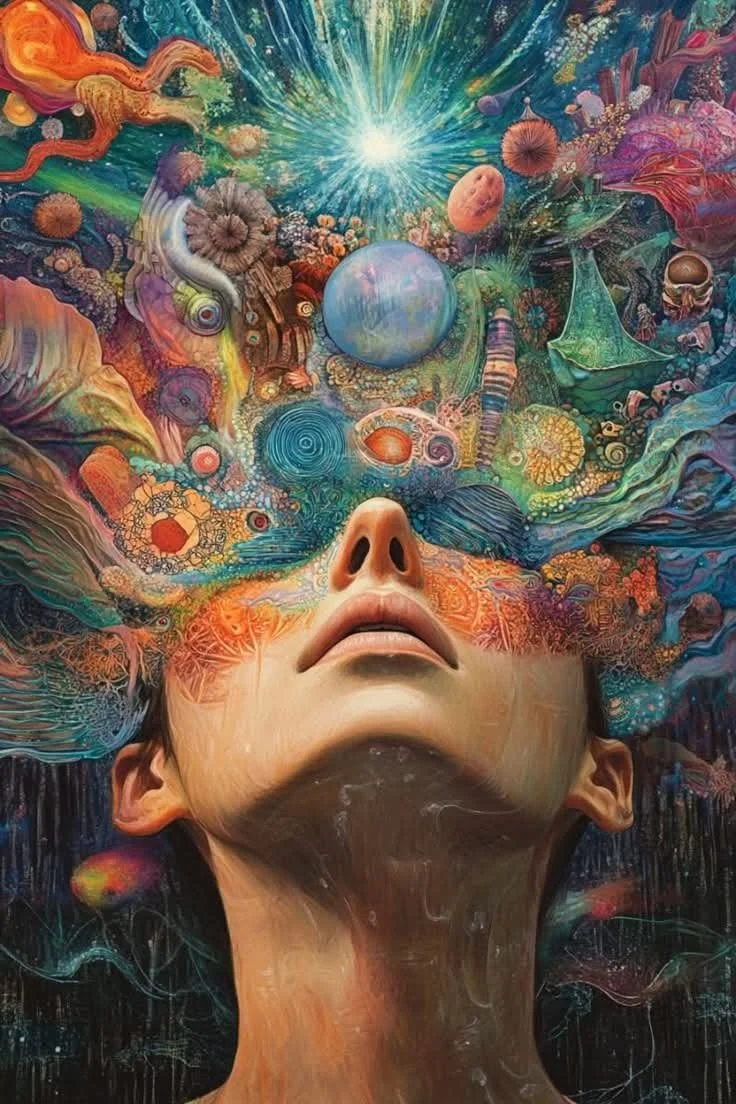Most couples who come to therapy or coaching have already learned how to communicate better. There are many who have not learned this and need to start here. They need to learn how to communicate their emotional experience through the use of “I” statements, to voice their desires, to learn to actually listen to each other and not listen to respond to an answer or fix a problem.
They have probably read the books, listened to the podcasts and maybe, they have done some couples workshops. They have done all of this and yet, something isn’t landing.
The same patterns keep repeating on a loop. Conversations escalate or shut down. One partner feels unseen, the other feels blamed or overwhelmed. One partner may be taking the weight of regulating the relationship by not voicing their own needs to ensure the other partner is happy. Experiences of repair feel fragile, short-lived, or exhausting.
This is often the moment couples realise something important: Intimacy isn’t created by communication practices alone.
This is because communication is a skill and intimacy is built over time by the state of our nervous system.
Communication tools are absolutely valuable. They give structure and language and help us to create shared understanding. But intimacy lives beneath language, in the body, the nervous system, and our capacity to stay present to emotional experience.
You can say all the “right” words and still feel miles apart.
Why?
Because when the nervous system is activated, when we feel threatened, overwhelmed, ashamed, or afraid of loss, the parts of the brain responsible for reflection, empathy, and choice go offline. At that point, communication becomes mechanical at best, and weaponised at worst.
Intimacy requires safety and the capacity to be with our own inner experience.
At its core, intimacy requires something very simple and very difficult; the ability to stay present with our own emotional experience whilst remaining available to another person’s experience.
This means learning to notice sensations in the body and to track emotional activation as it arises. To recognise when we’re moving into fight, flight, freeze, or collapse and then pause before reacting. When we can do this we are able to stay connected rather than defended
Without this capacity, communication tools often get used after the nervous system has already hijacked the interaction. I am not knocking them at all they do help us stay in connection when we learn how to use them but it is our nervous system state that drives everything because we humans don’t exist as individuals. Our nervous systems co-regulate each other so we are always going through life with others.
When Couples Get Stuck, It’s Usually a Nervous System Issue
Most relational conflict isn’t about the content of the conversation.
It’s about one nervous system feeling unsafe and the other feeling overwhelmed or inadequate. Old attachment wounds being activated and old traumatic wounds held in implicit memories, shaping present-day reactions.
In these moments, partners aren’t really responding to each other, they’re responding to their own internal survival cues. This is why couples can have the same argument for years, even though they intellectually understand what’s happening.
Insight alone doesn’t create regulation.
Co-Regulation is often the missing piece in couples intimacy. Humans are wired for co-regulation, our nervous systems constantly communicate beneath conscious awareness.
The state of our autonomic nervous system drives (ANS) our behaviour. Our ANS is our body’s surveillance system so it notices changes to; tone of voice. facial expression, eye contact, breath, pacing. and tiny micro-movements in the body.
When partners learn to track not just what is being said, but what is happening in their own nervous system, something shifts.
They learn and begin to slow down conversations before escalation and sense when repair is needed. They learn that the quality of their presence has greater than offering solutions and they respond rather than react. They become able to stay emotionally available even when life feels really hard.
This is where intimacy deepens not through perfect communication, but through felt safety.
“Intimacy is not purely a promise of closeness. It is also a promise of freedom”
Attunement Comes Before Understanding
Many couples try to understand each other before they feel safe themselves and with each other, but learning to attune has to comes first.
Being attuned means you are able to sense your partners internal experience and meet them emotionally. You both feel that your inner world matters and you feel that you don’t have to perform or please or defend to stay connected.
When attunement is present, communication naturally becomes more effective because both nervous systems are in a state that allows them to sense, receive, and respond to each other. When it’s absent, no amount of skilful language can bridge the gap.
Choice Emerges From Regulation
The goal of this work isn’t to never get triggered. That is a normal part of being human. It’s to build enough nervous system capacity that, when activation arises, you have choice. When relational life gets hard you have the capacity in your system to choose to pause, to name what is happening internally, to repair more quickly and to stay connected to yourself and your partner.
This is how couples move from managing conflict to cultivating intimacy. Intimacy is a practice not a technique. True intimacy isn’t something you “do” to your partner. It’s something you work on and practice within yourself and then bring into relationship. It is about doing your own inner work somatically often with a coach or therapist who has deep training in somatic work. It is about learning to be be with your own experience first and foremost.
When couples learn to be with their own emotional experience, track and regulate their nervous systems, sense and respond to each other with care and repair from a place of presence rather than panic, communication stops being the goal and becomes a natural outcome.
Intimacy becomes something felt, lived, and embodied not just talked about because Intimacy grows in the space where safety, presence, and emotional truth can co-exist.

